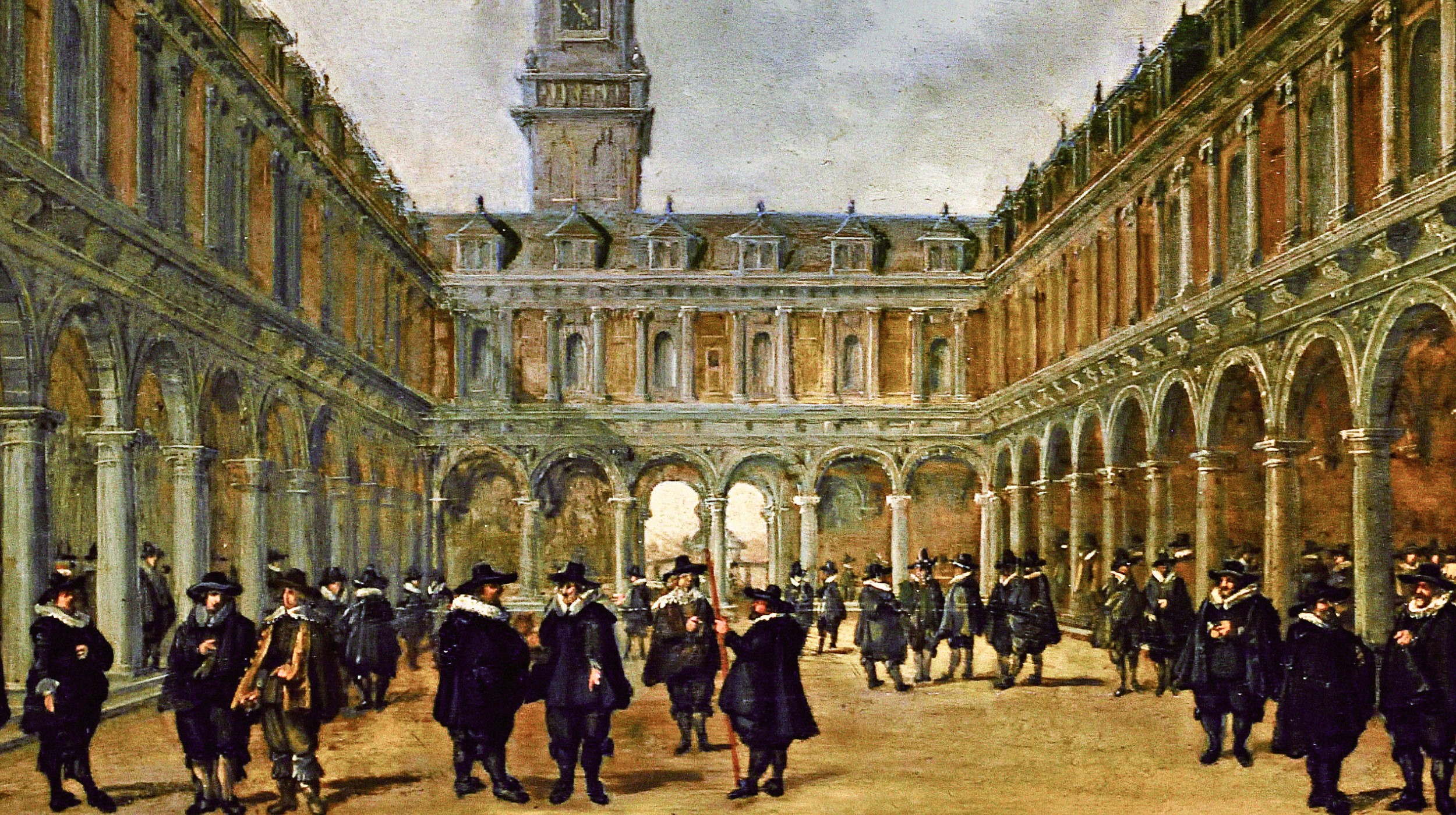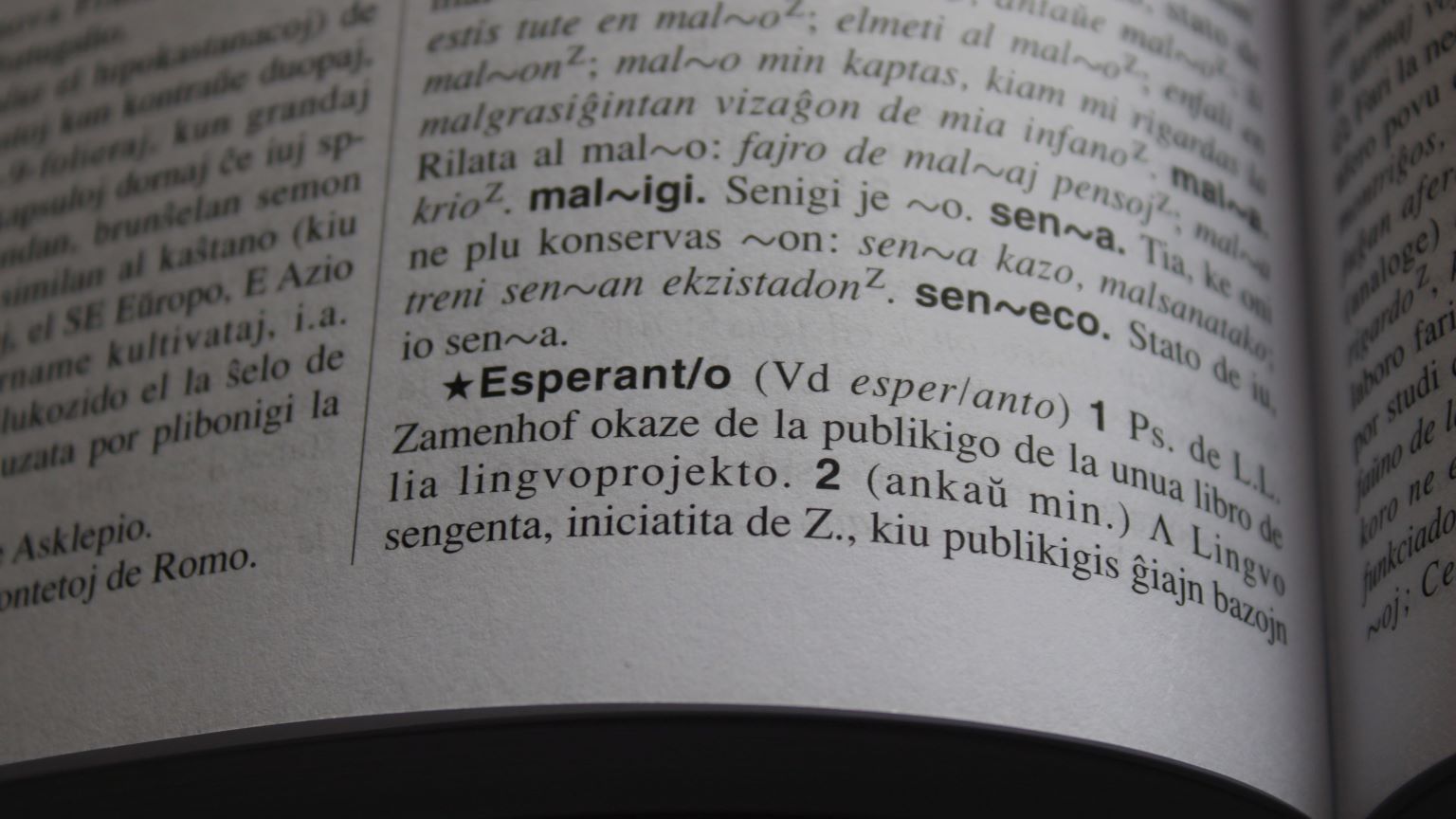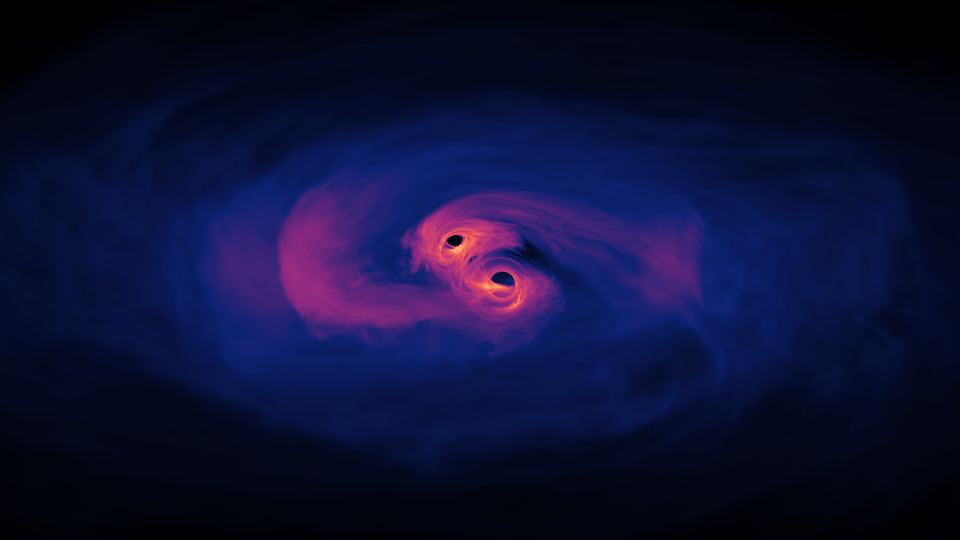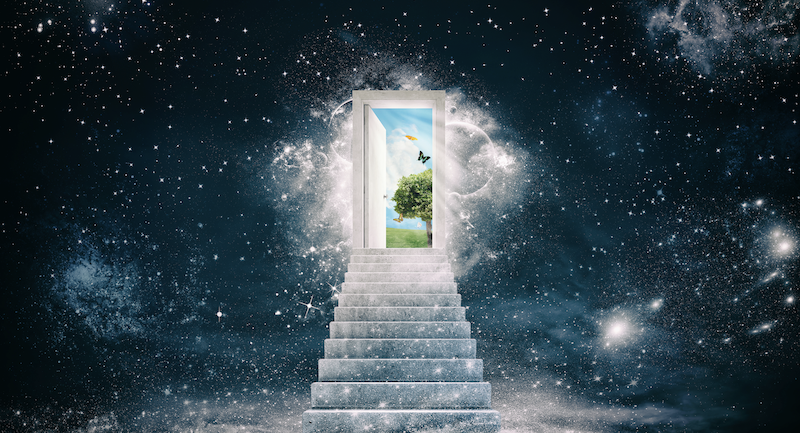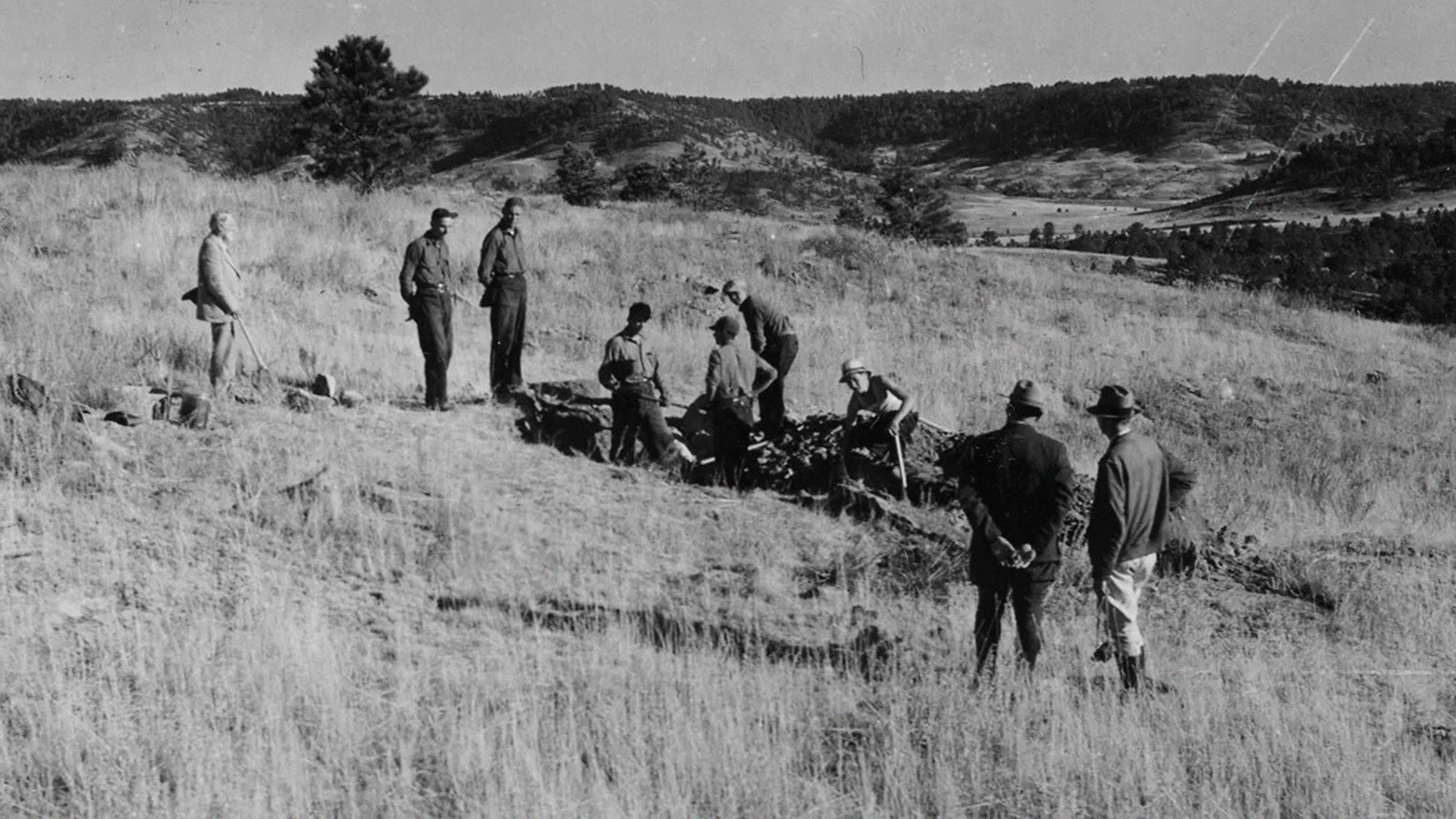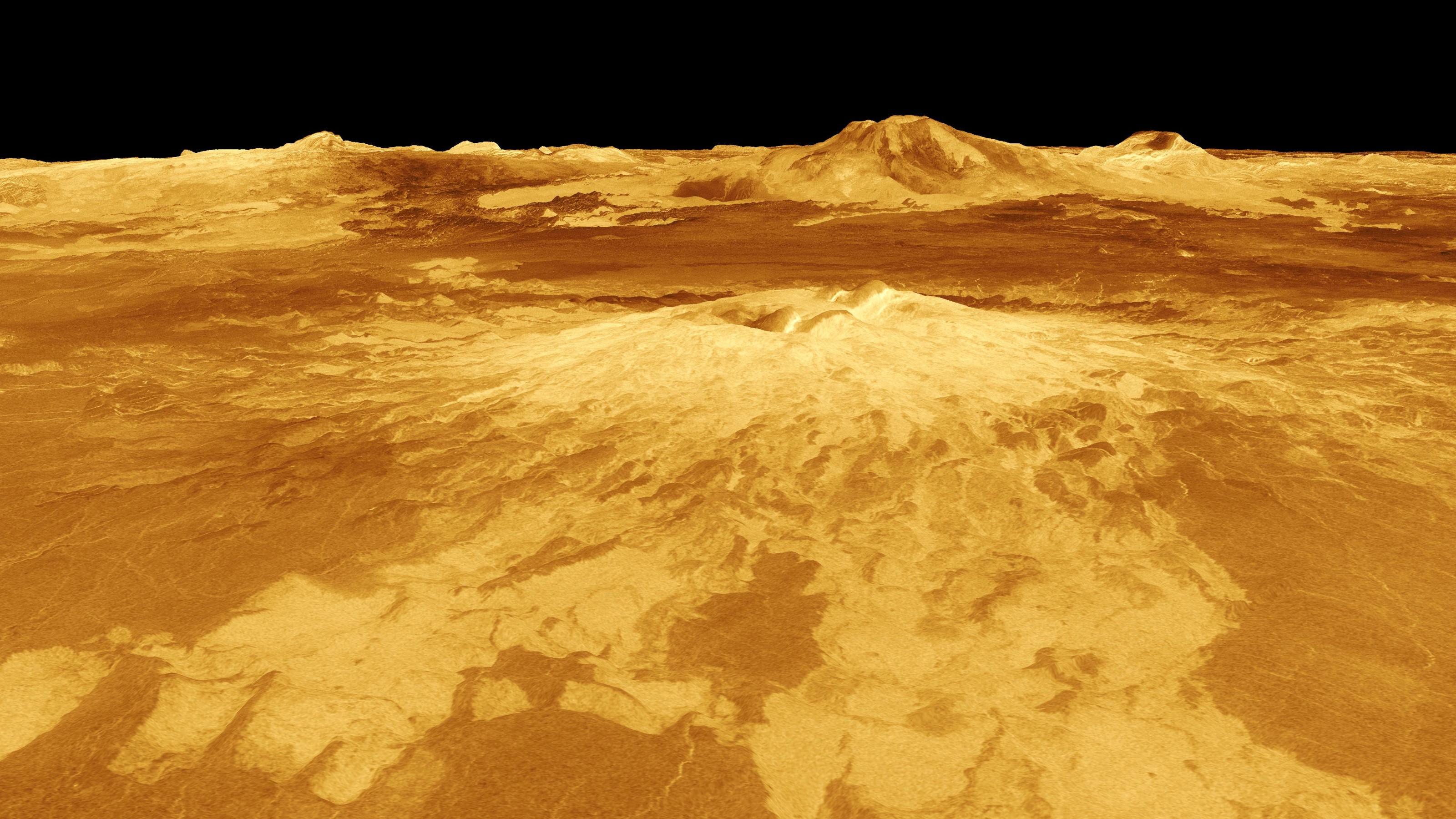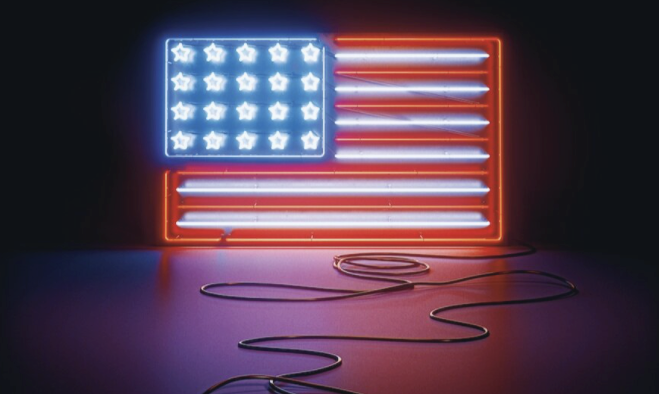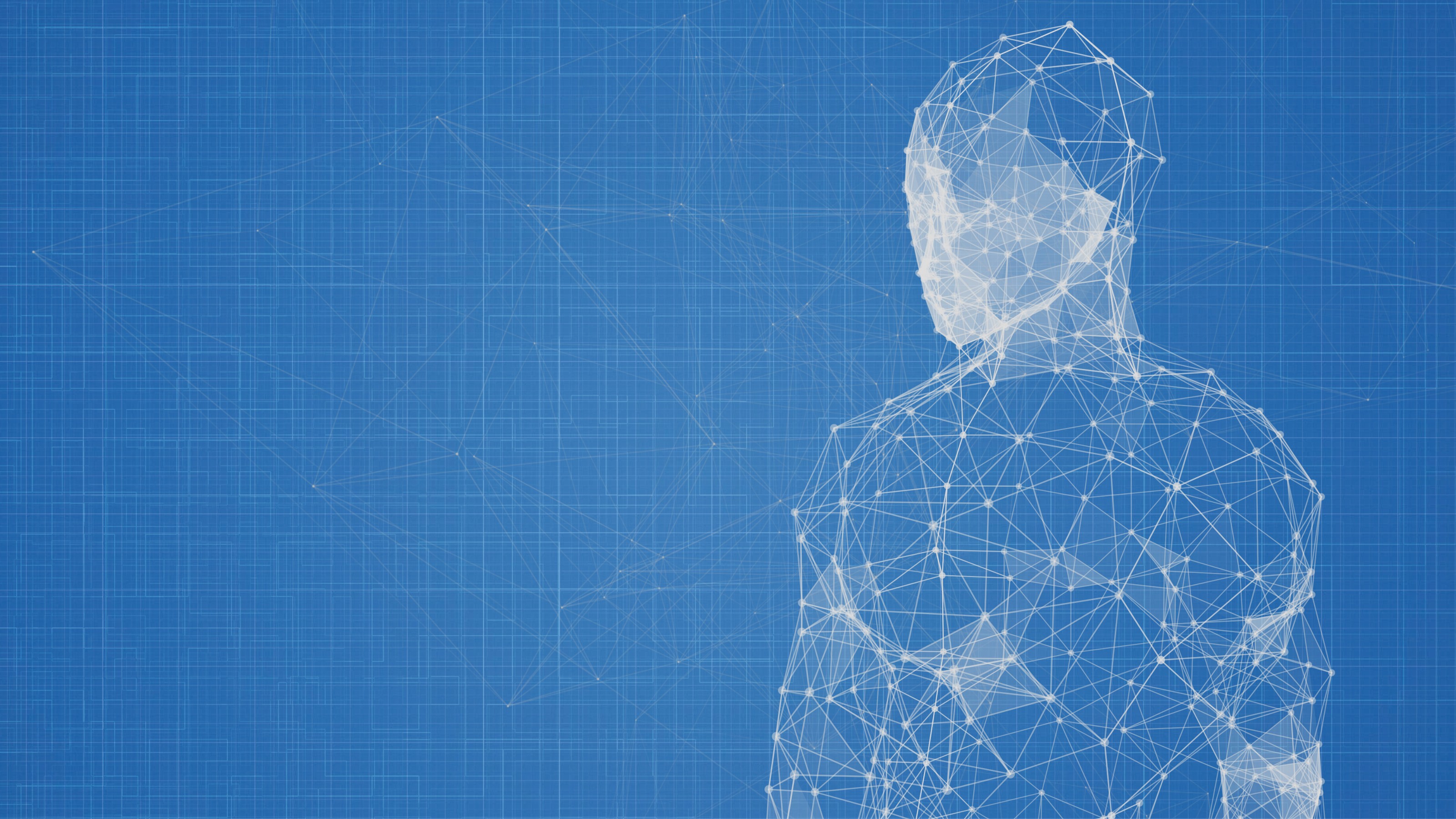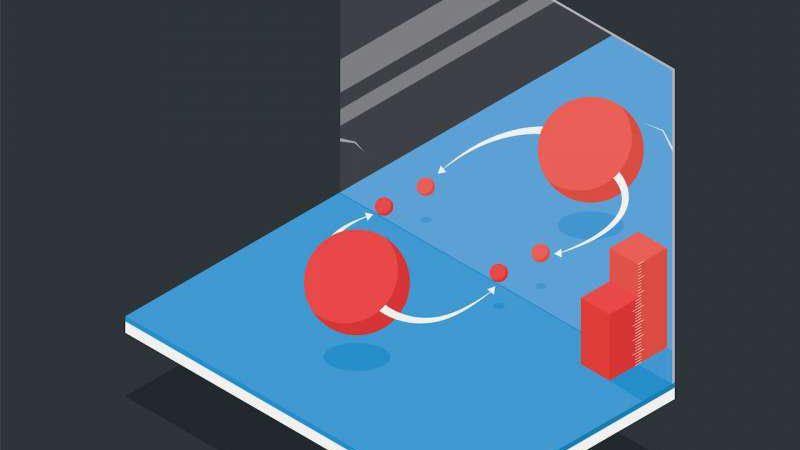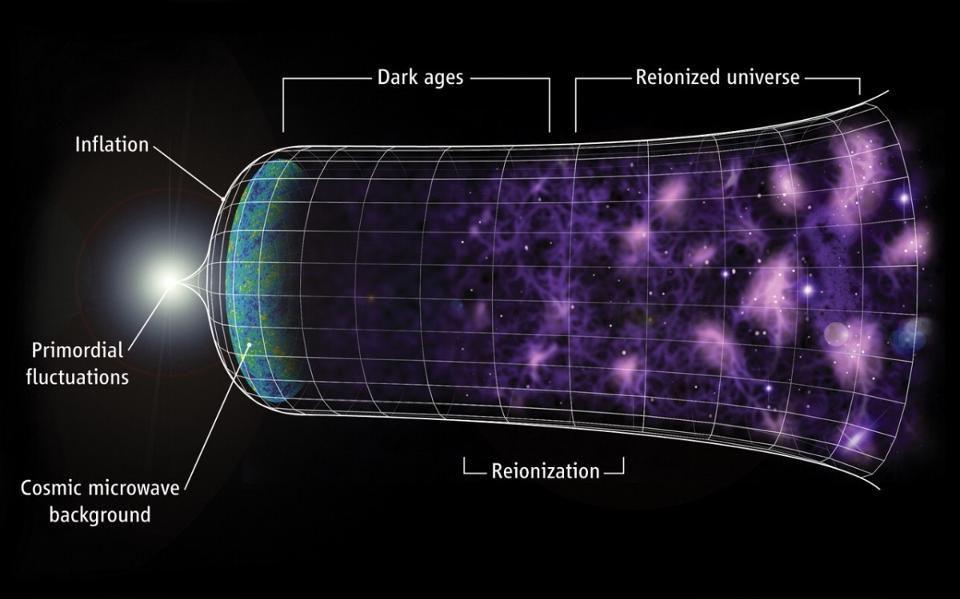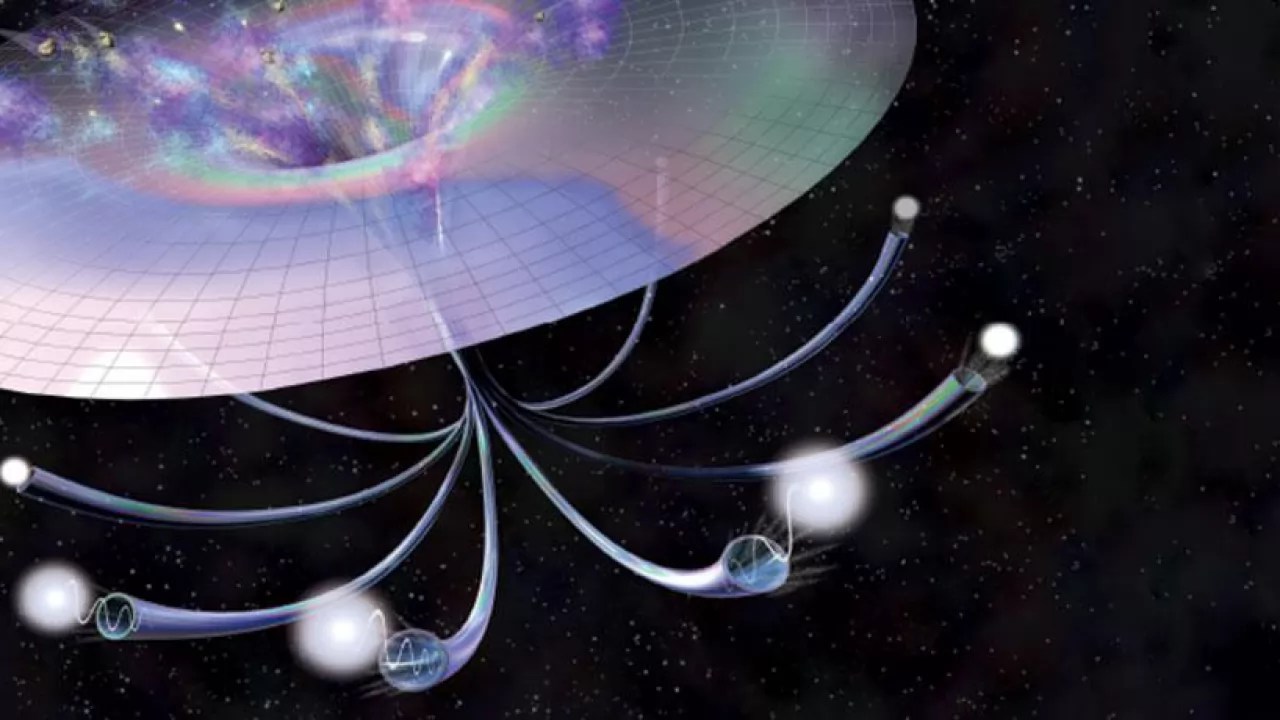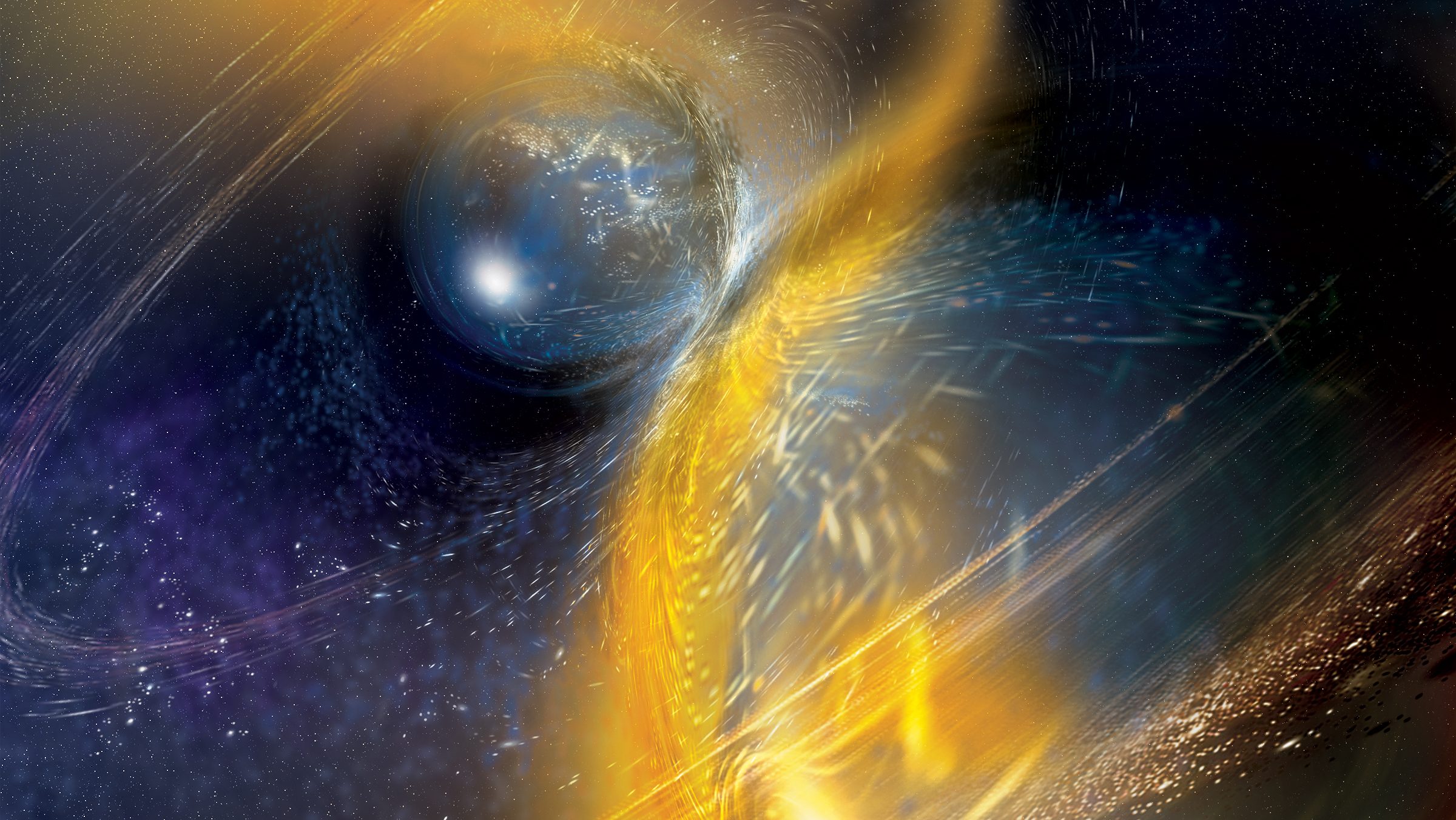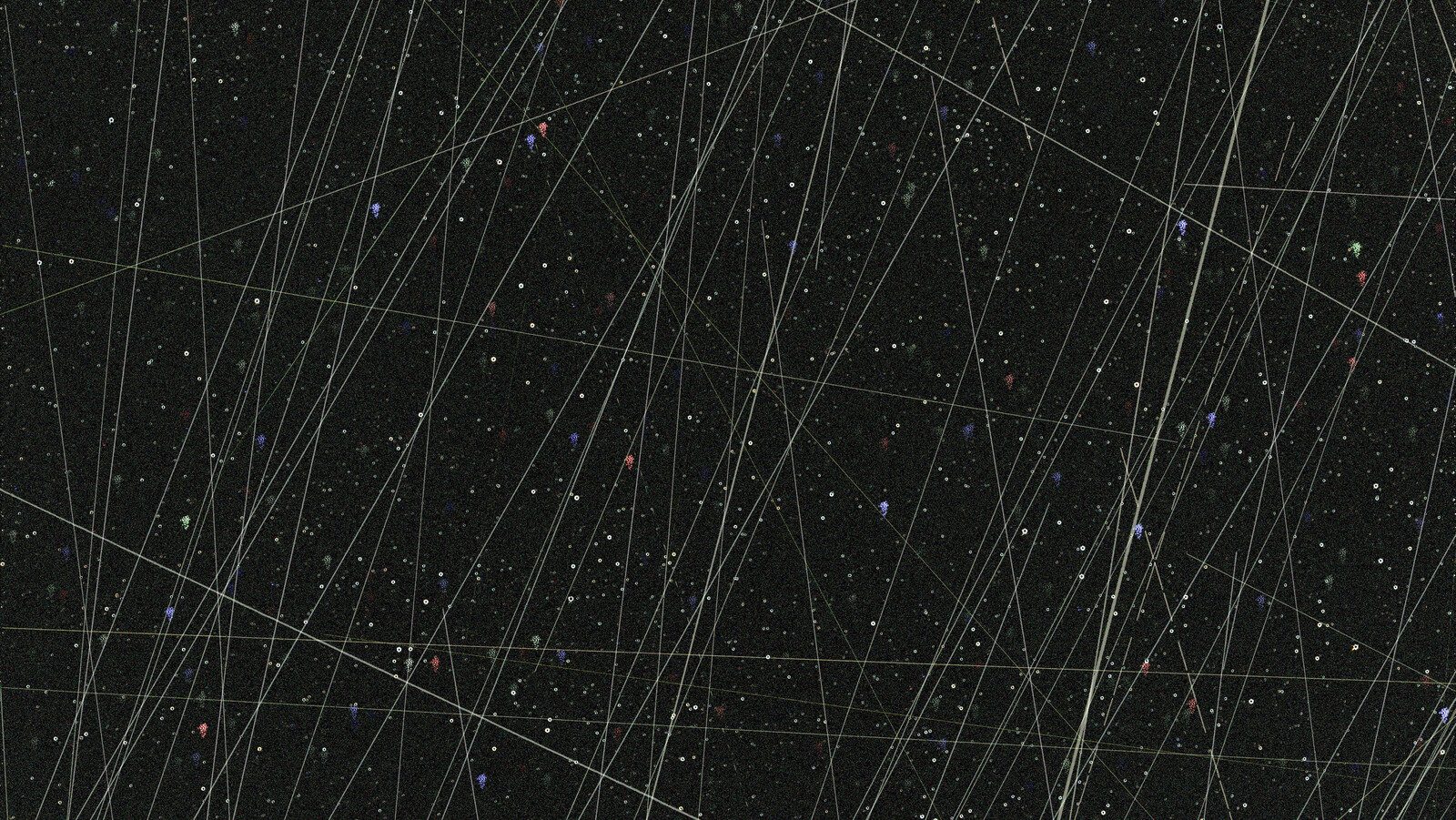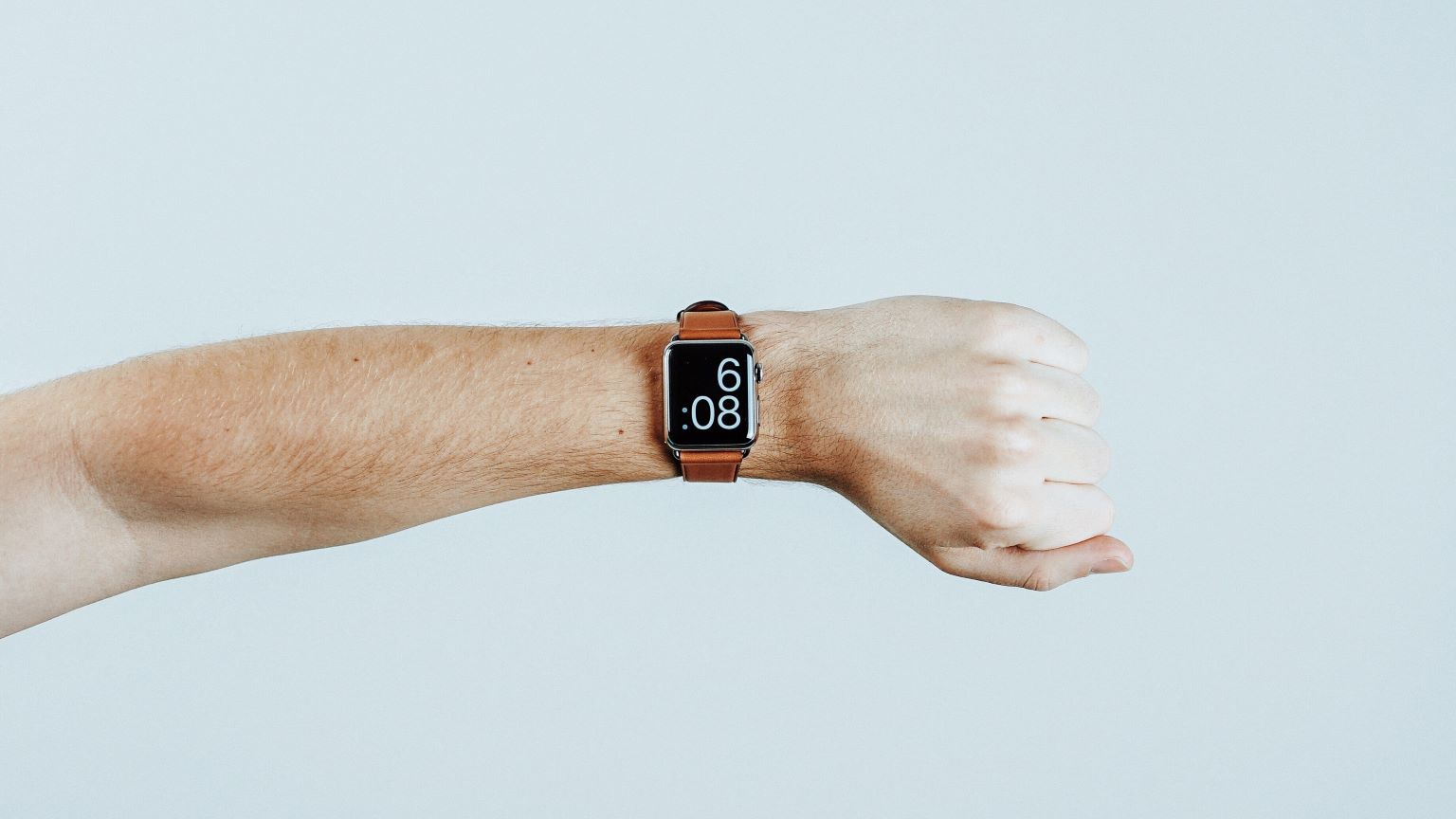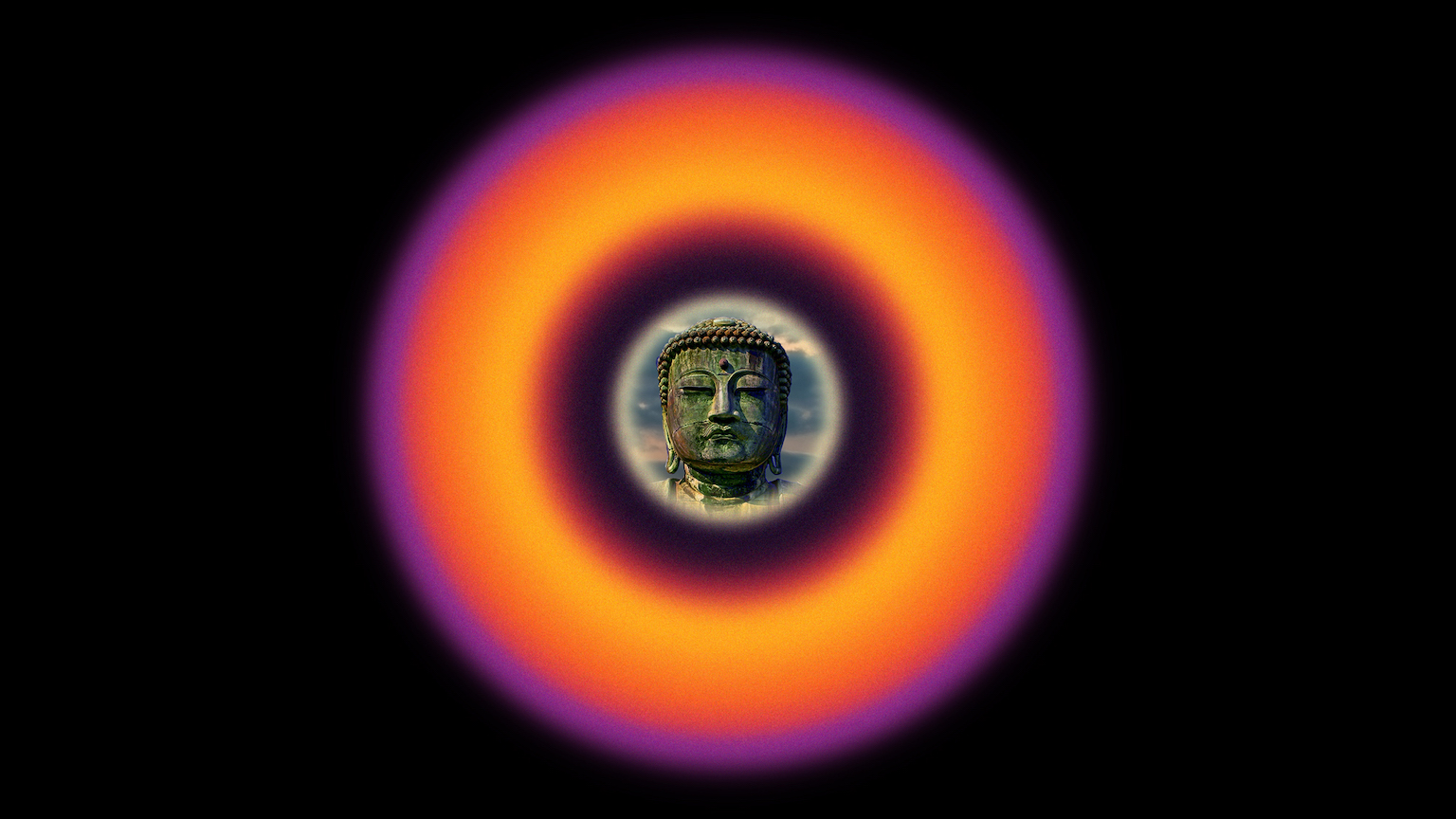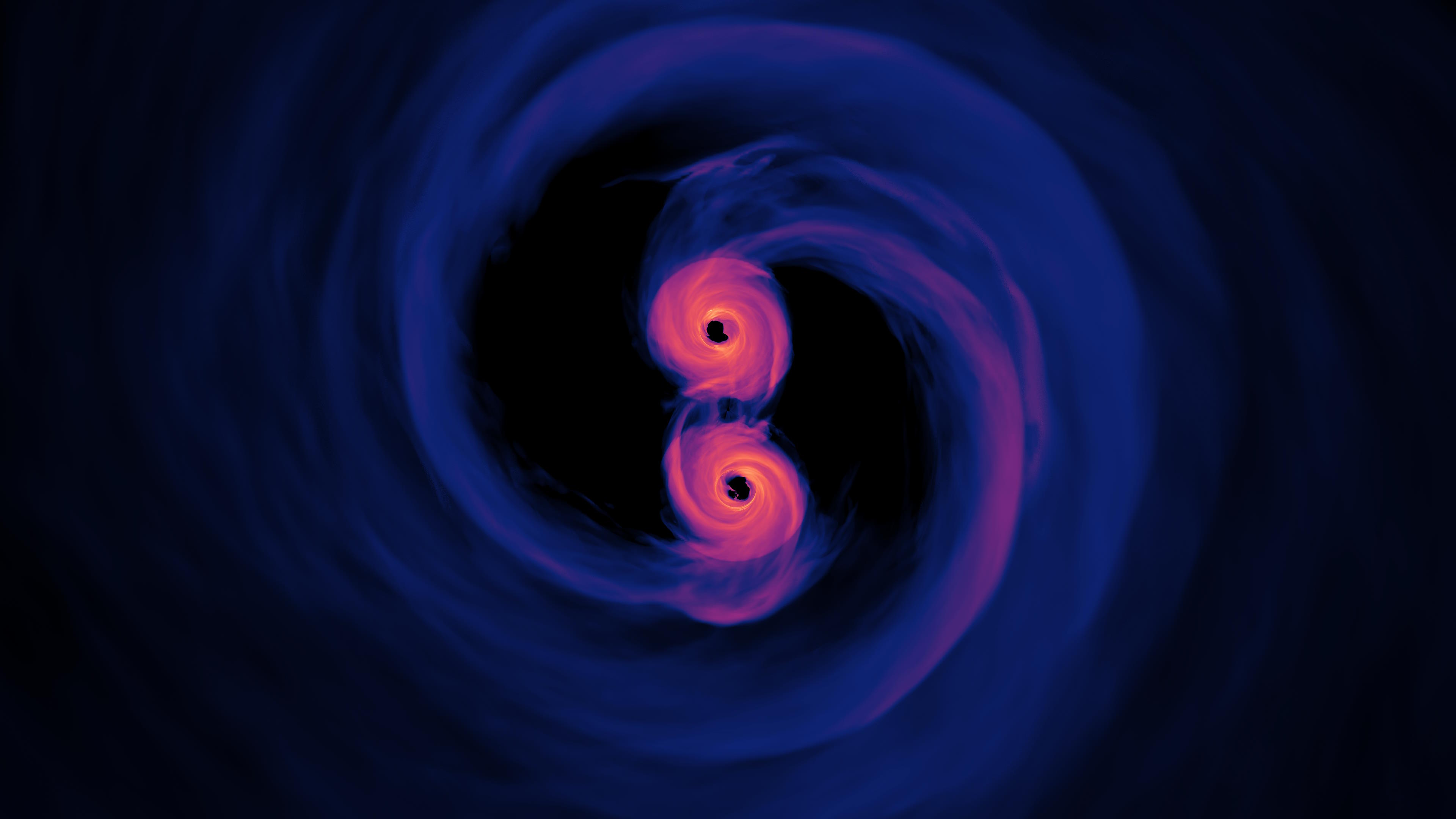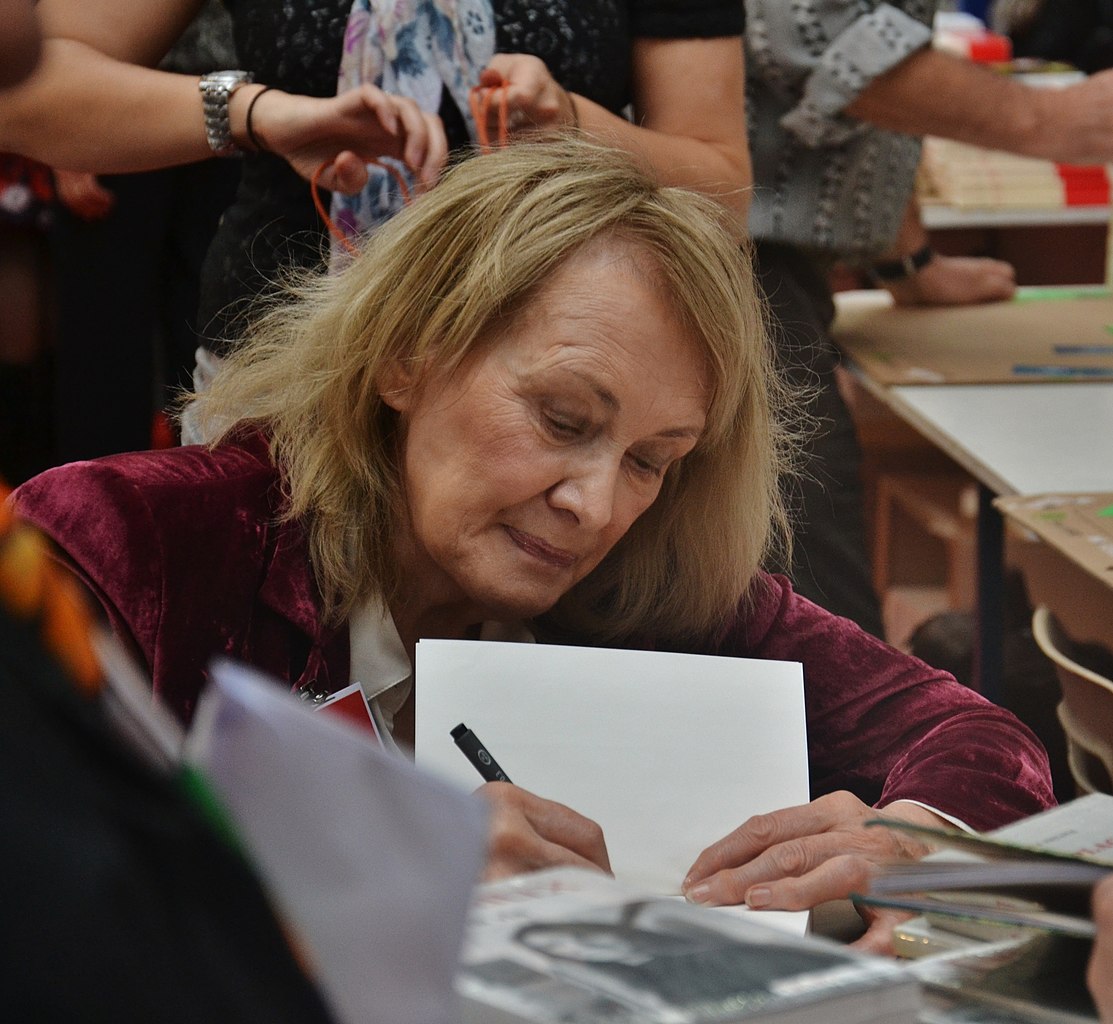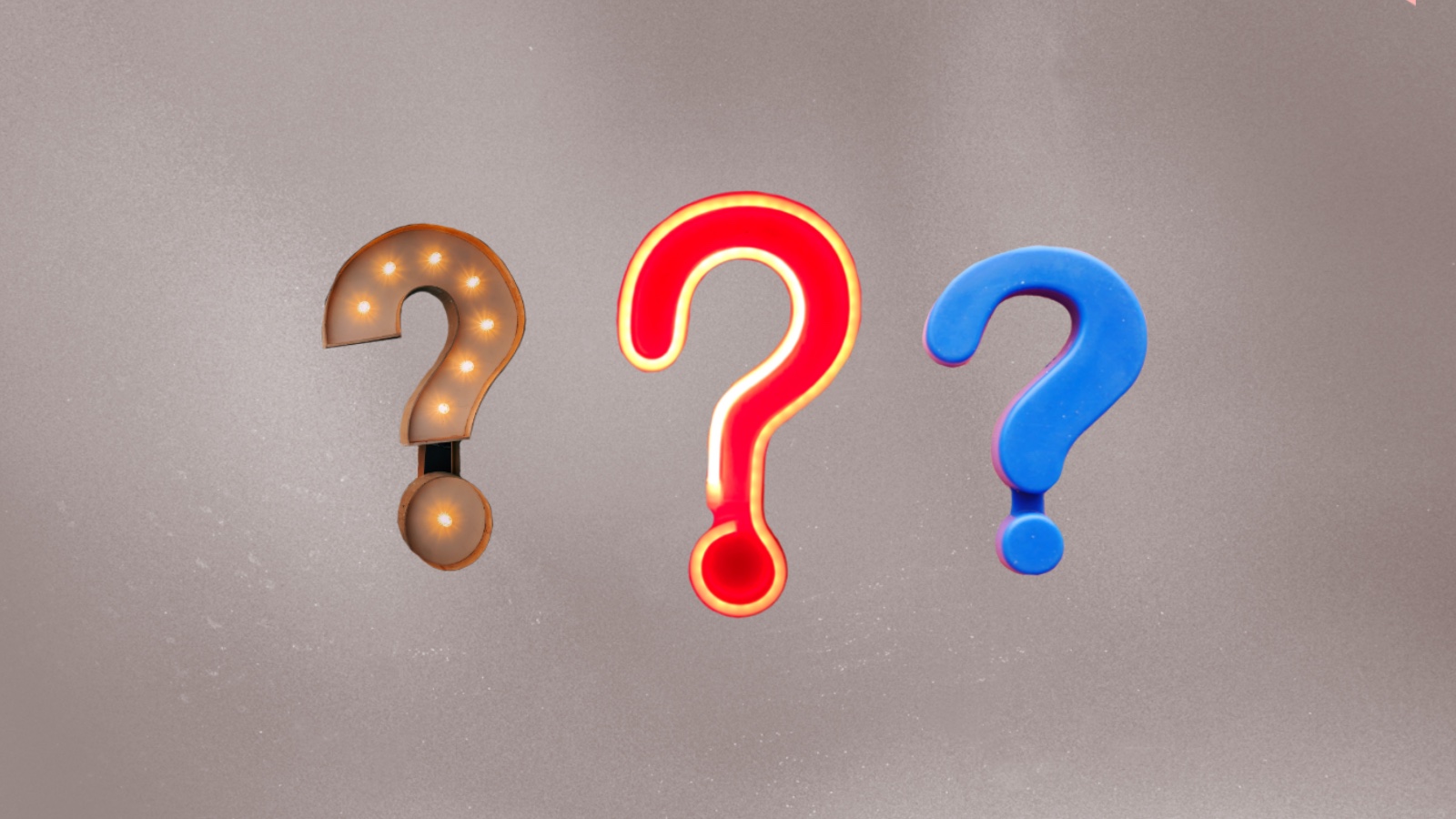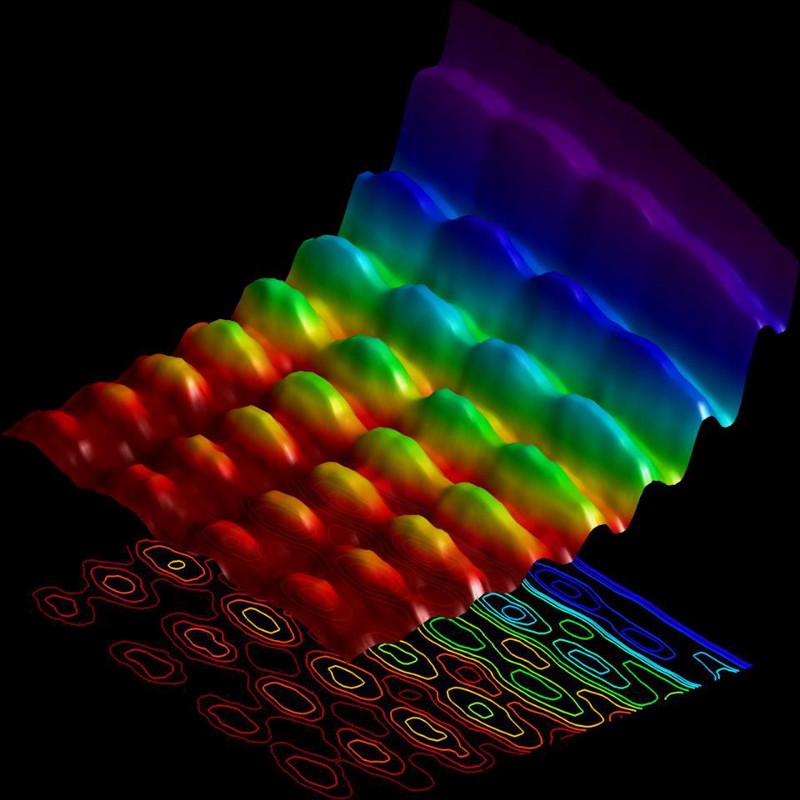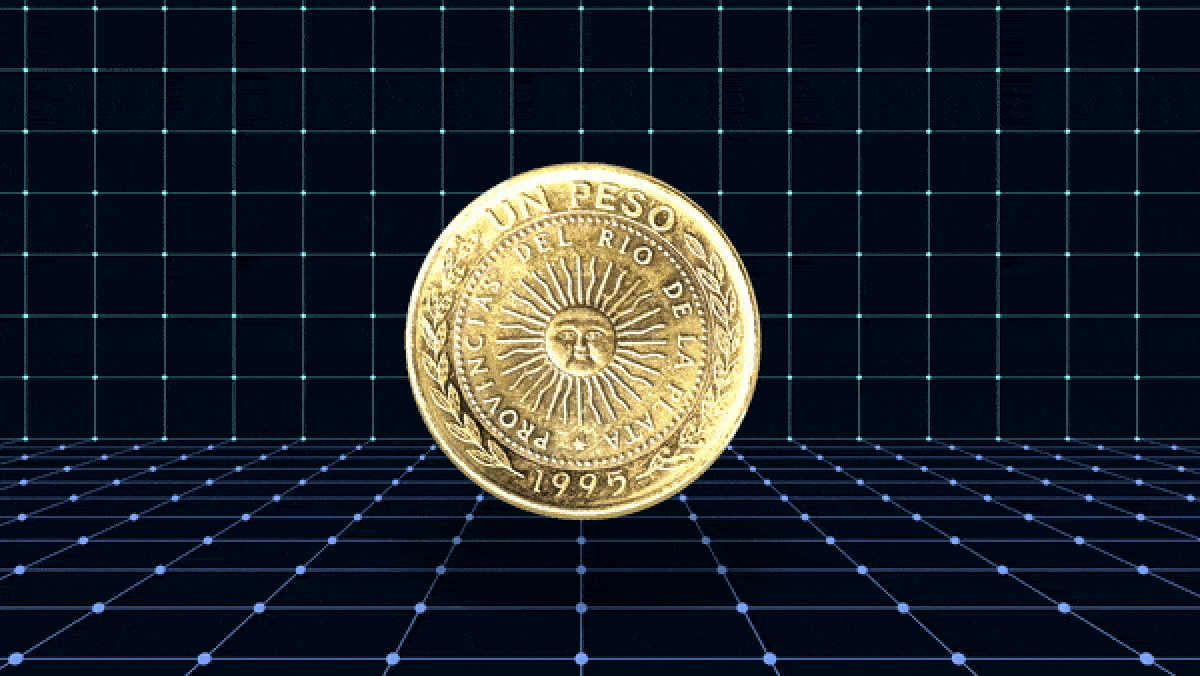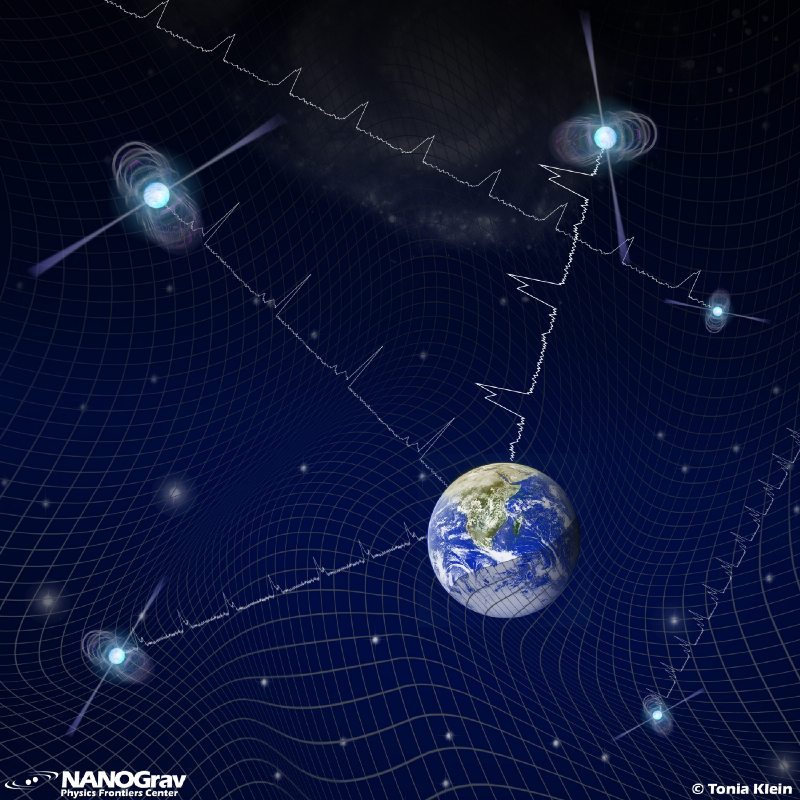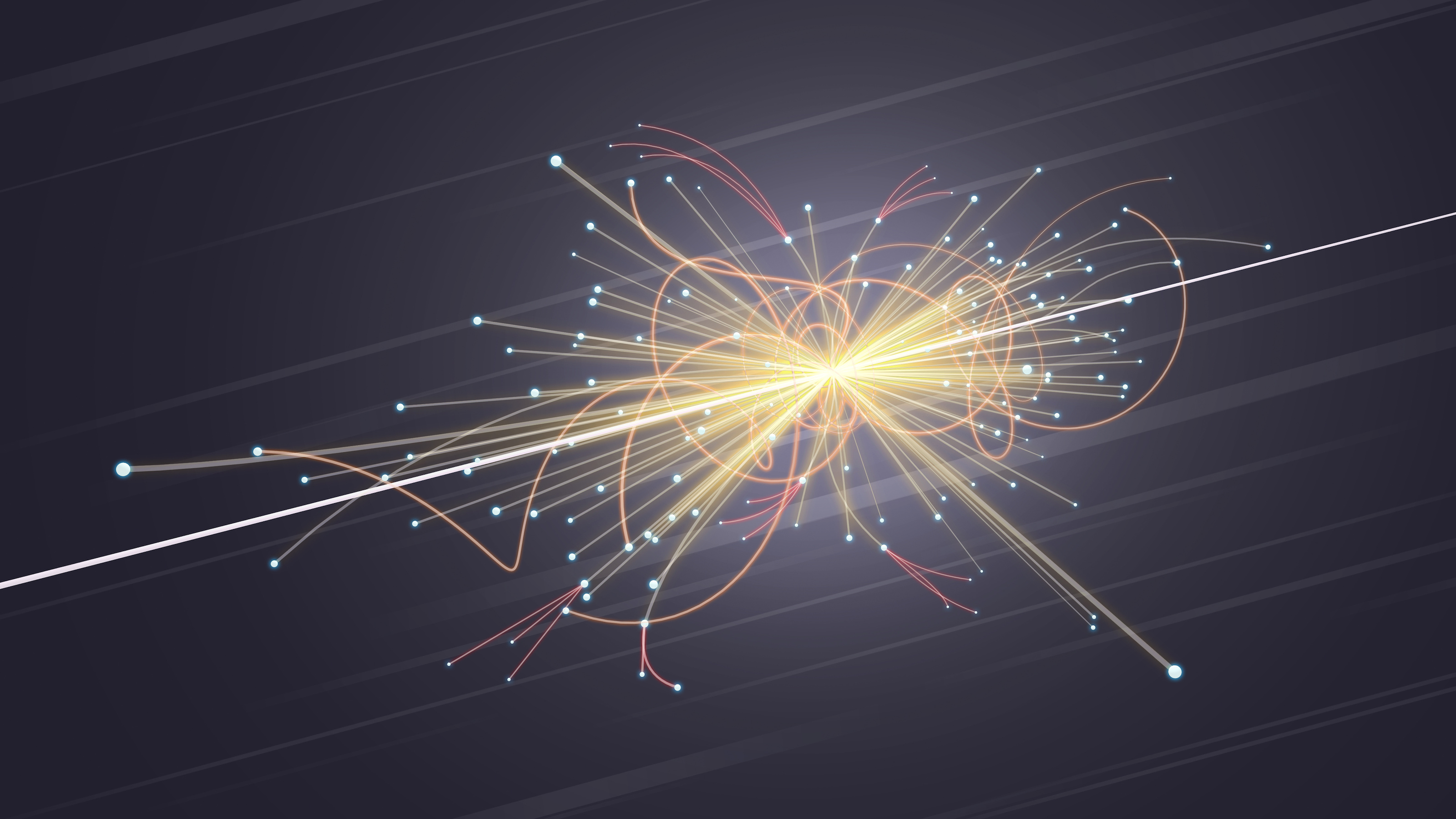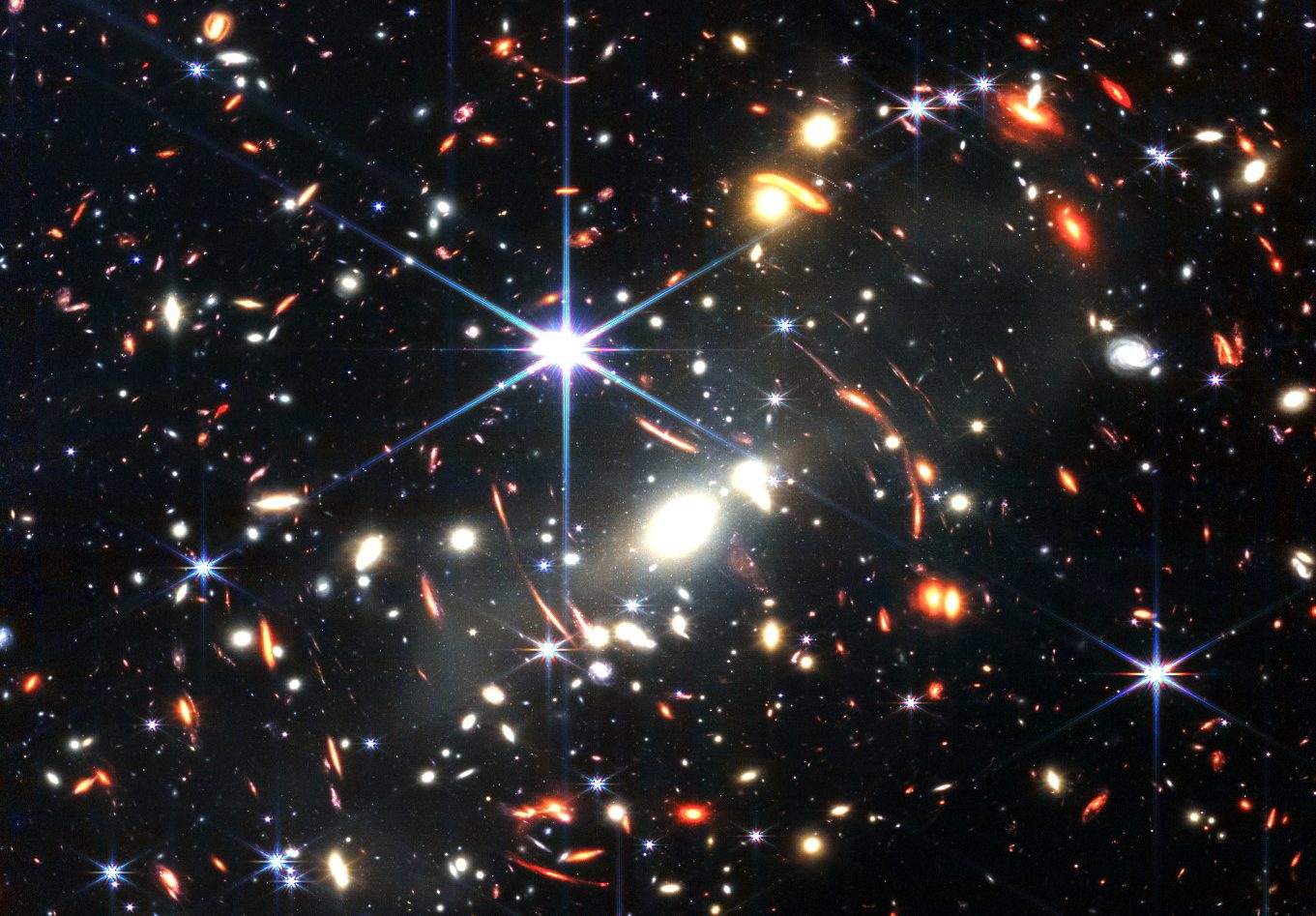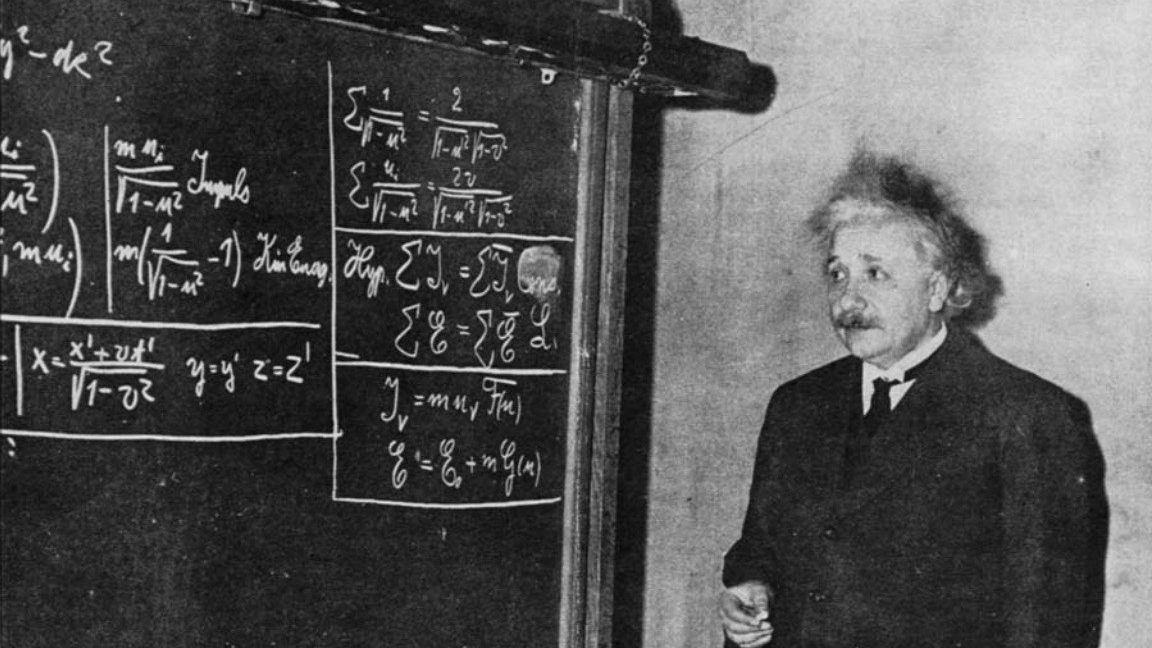The East India Company issued stocks to minimize the risk on their unpredictable but highly lucrative voyages. The rest is history.
Search Results
You searched for: D
Can a shared language promote peace? Some people think so.
We only detected our very first gravitational wave in 2015. Over the next two decades, we’ll have thousands more.
Wander into the deep recesses of the mind and never return the same with these existentialist books.
Fossil Cycad National Monument held America’s richest deposit of petrified cycadeoid plants, until it didn’t.
Time for a status check before watching “Moon Knight.”
Venus Life Finder could launch as early as 2023.
In his new book, “Forward: Notes on the Future of Our Democracy,” former Democratic presidential candidate Andrew Yang explores how media narratives can warp public perception of political candidates.
The future of healthcare may bring powerful collaborations between AI and medical professionals.
Symmetries aren’t just about folding or rotating a piece of paper, but have a profound array of applications when it comes to physics.
Techshot’s 3D BioFabrication Facility successfully printed human heart tissue aboard the International Space Station.
Of the world’s 300 honey varieties, none is stranger and more dangerous than mad honey.
Today, our observable Universe extends for 46 billion light-years in all directions. But early on in our history, things were much smaller.
When cosmic inflation came to an end, the hot Big Bang ensued as a result. If our cosmic vacuum state decays, could it all happen again?
In 2017, a kilonova sent light and gravitational waves across the Universe. Here on Earth, there was a 1.7 second signal arrival delay. Why?
In 1957, humanity launched our first satellite; today’s number is nearly 10,000, with 500,000+ more planned. Space is no longer pristine.
It’s common knowledge that syncing your circadian rhythm to a natural light-dark cycle could improve your health and well-being.
The relationship between these two ways of thinking about the world deserves deeper exploration.
Murmurations have no leader and follow no plan.
So far, gravitational waves have revealed stellar mass black holes and neutron stars, plus a cosmic background. So much more is coming.
Many were expecting extremism survivor and free speech advocate Salman Rushdie to take home the Nobel Prize in Literature, but Annie Ernaux beat him to it.
The right questions are those sparked from the joy of discovery.
Hidden variables aren’t ruled out, but they can’t get rid of quantum weirdness. Ever since the discovery of the bizarre behavior of quantum systems, we’ve been forced to reckon with […]
Argentina’s black market for cash is embracing crypto — but it’s not what crypto proponents expected.
The densest objects that haven’t collapsed to black holes can tell us information about the Universe unlike anything else. Swarming through our own galaxy, we’ve detected quite a few bizarre objects: […]
2023’s Nobel Prize was awarded for studying physics on tiny, attosecond-level timescales. Too bad that particle physics happens even faster.
Even with only 12.5 hours of exposure time, James Webb’s first deep-field image taught us lessons we’ve never realized before.
As interest rates rise, the “dead pledge” may live up to its name.
Beyond stars, galaxies, and gravity, studying the fundamental workings of nature reveals widely applicable lessons for learners everywhere.
A thought experiment from 1867 leads scientists to design a groundbreaking information engine.
